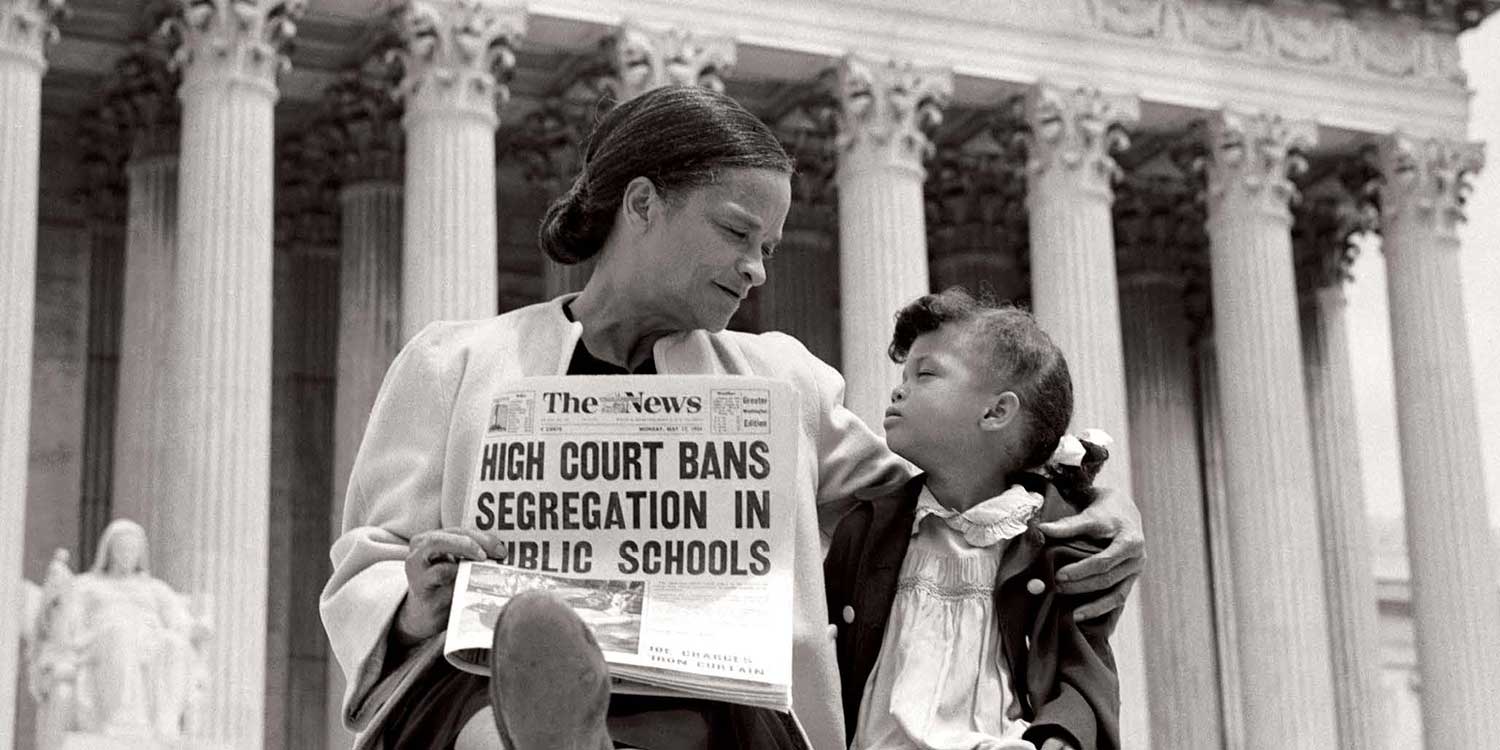In the midst of political conversations – after this year’s midterm elections – one area that remained hidden in many state ballots was: education. States voted on key educational issues like student loans, teacher pay, college interest rates, curriculum changes, and even – preschool. Yet, the results of the midterm election (230 D; 296 R) has left many progressive educators concerned. The most popular educational (and now – political) issue within recent years is charter schools. Common terms which surround the charter school debate (as you might have heard in your state’s election) are: school vouchers, privatization, and school choice. In a nutshell – these terms encompass the school charter program.
The truth is – many urban schools (most of which serve African American students) are failing. As a “quick fix,” many parents and teachers have explored the charter model, which aims to privatize public funds for a more “competitive” approach. The city of New Orleans, for example, is the first U.S. city whose entire school district is comprised of charter schools. All of the traditional public schools closed post-Katrina, in efforts to make way for these privatized corporation schools – known as school charters. Today, public charter schools are now seen as a viable option for African American students, especially when neighborhood public schools don’t address or accommodate a student’s academic needs. These schools essentially serve as a second option for students and families in urban areas; many of which rely on public schooling to advantage their children to become participatory in mainstream America either by way of future educational opportunities or career paths. Although information about charter school achievement is inconclusive in terms of national achievement, there are several advantages that that are presented in these models, such as: intensified academic attention on students, smaller class sizes, extended school hours, teacher quality, and an emphasis on higher education goal attainment (Gleason, Clark, Tuttle, & Dwoyer, 2010). However, these listed advantages are often mere masks for a greater problem – school stratification and school privilege.
Although charter schools continue to be the “buzzwords” in education, research has not unpacked the true meaning – and future implications – behind charter schools. School charters were created to provide parents with additional school options for students; however, in order to gain admission to many charter schools, parents and families must enter a lottery. In essence, a student’s educational success is left to the determination of a lottery or bid. If your randomized “bingo” number isn’t called – you are not admitted into the school. With the growing numbers of charters each year, it is time for research to unpack the future implications of these privatized school models.
Research suggests that African American family access to education, including charter schools, varies greatly (Fuller, Elmore, & Orfield, 1996; Bell, 2009). This educational marketplace which influences family access to the charter school application process and lottery procedures is not equalized, and is seen as a privilege only for those families that are aware. This privileged access includes: “contact with advantaged social networks through which information regarding school quality is exchanged, language barriers, socioeconomic status and the ability of parents to arrange transportation for their schoolchildren” (Frankenberg, Siegel-Hawley & Wang, 2011; Fuller, Elmore, & Orfield, 1996; Bell, 2009). For example, parents requesting for their child to attend charter schools, “…must first hear about the charter program, which is dependent on the extent to which the new school has conducted outreach and advertising, whether materials were available in multiple languages, and if an encounter with another parent or contact provided information about the charter” (Frankenberg, Siegel-Hawley & Wang, 2010). Each of these factors directly influences family accessibility to charter schools, each perpetuating the notion of privilege. Depending on a student’s family or social capital the access to charter education is limited. Furthermore, if selected into a successful program, students of these charter and school voucher programs often experience privatized-style education. Children are “selected” or entered into a competitive lottery to bid their way into a separatist education. This once again posits problematic themes of social capitalism and educational stratification.
Charter school reform has been described as an effective solution for providing low-income and minority children with improved learning opportunities (Gulosino, 2011). Although unspoken, the privilege of charter schools as a social institution is transmitted through its lottery or application process. Structurally, charter schools directly impose notions of privilege. While the benefits of attending a nontraditional school might demonstrate educational promise for some students, due to the selective nature, public charter schools fail to address the problem – fixing urban schools! What is to be done with the students whose “bingo” numbers aren’t called and they are forced to attend the nearby public school? In the midst of political jargon and reform mumbo jumbo, we cannot leave public school students “left behind.”


